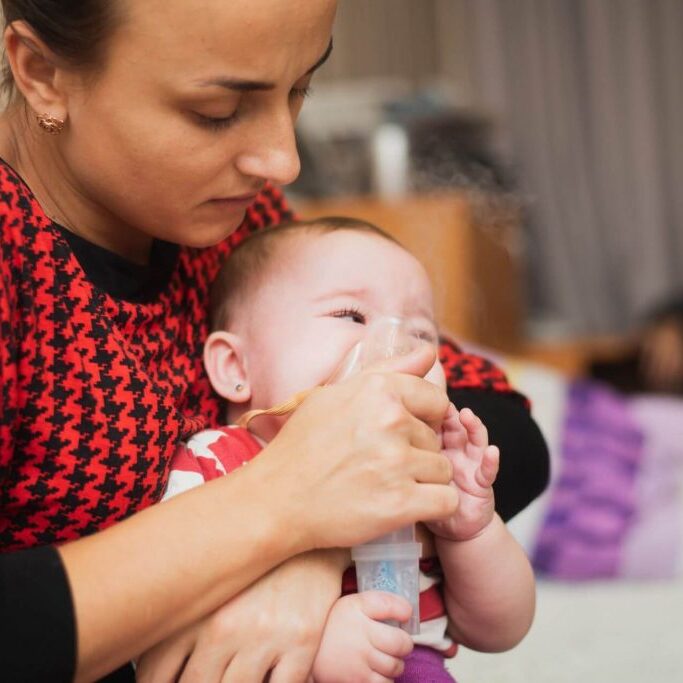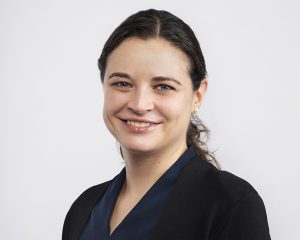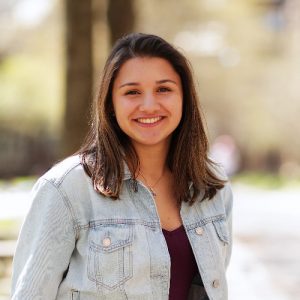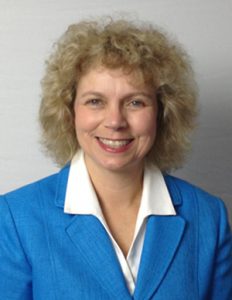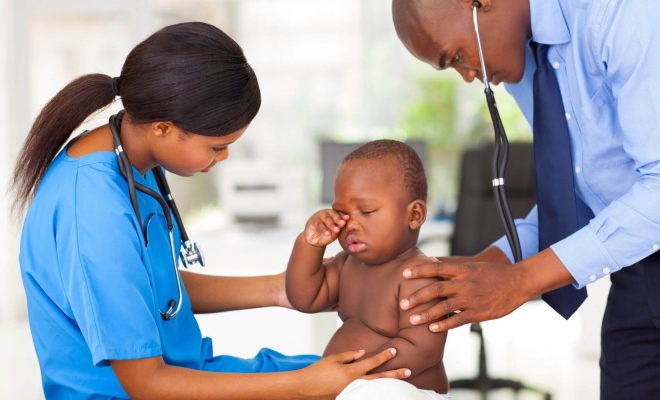In 2018, the Southeastern Pennsylvania Household Health Survey reported that 26.8% of children in Chester had asthma. The Chester Community Asthma Prevention Program operates a Home Visitor Program utilizing peer community health workers to teach in-home classes and provide families with supplies to mitigate asthma triggers in the home environment. CAPP in Chester will also provide classes at community sites in Chester. The goal is to improve asthma-related outcomes in children.
The first CAPP program was launched in 1997 by Dr. Tyra Bryant- Stephens of the Children’s Hospital of Philadelphia to care for children suffering from asthma in the city of Philadelphia. That program successfully cared for hundreds of children and serves as a model for the new Chester CAPP.

